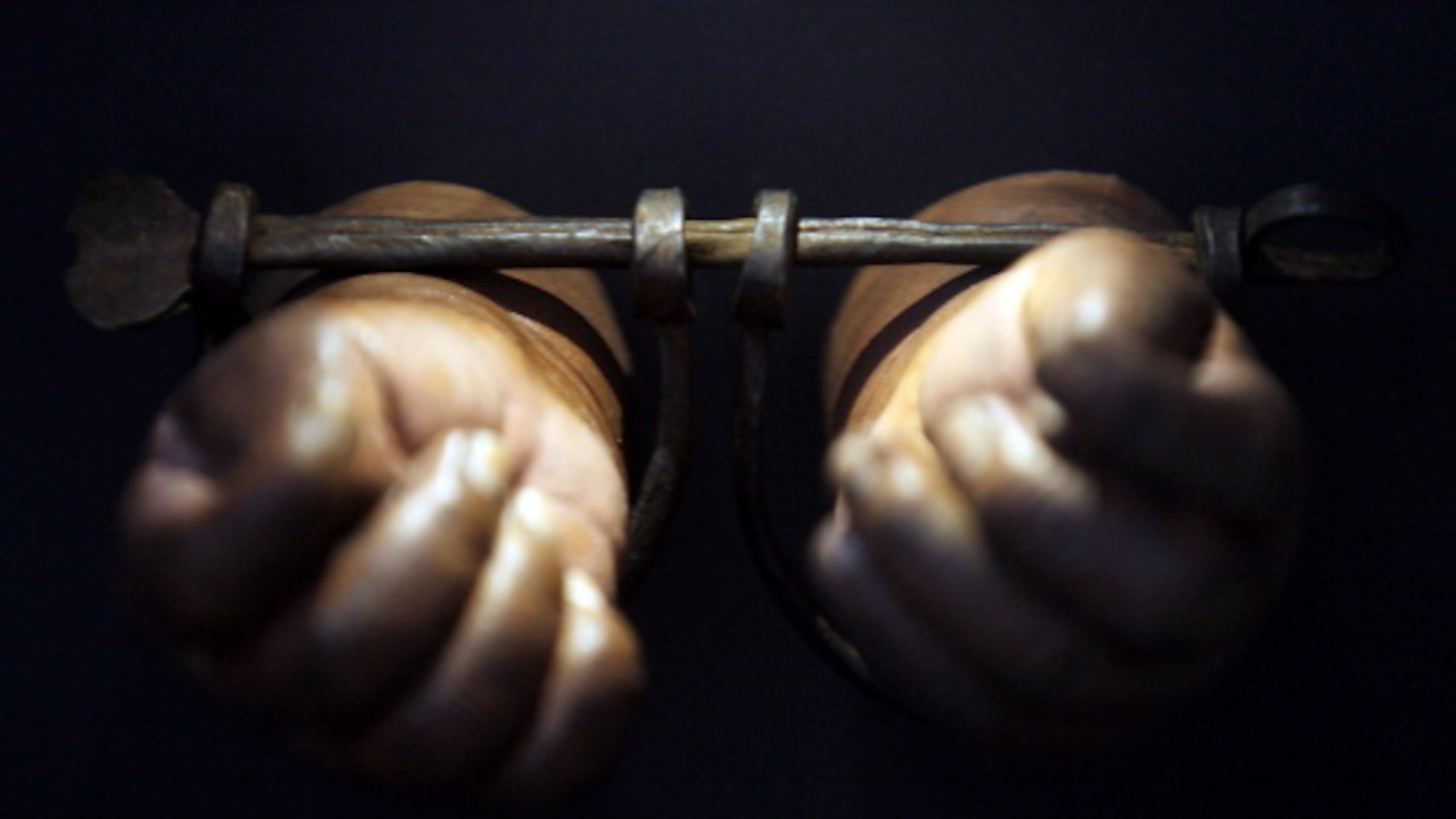5 facts about Juneteenth, marking the last day of slavery

Juneteenth marks a pivotal point in American history. On June 19, 1865, the last slaves in Texas were freed, marking an end to slavery in the Confederate South.
Nationally and in southern cities, like Atlanta, the day has traditionally been celebrated with parades, plays and other festivities that honor the African-American culture that developed during and after slavery.
Here are 5 answers to some of the questions about Juneteenth:
Didn’t the Emancipation Proclamation end slavery years earlier?
Yes and No. Abraham Lincoln made slavery illegal with the Emancipation Proclamation on September 22, 1862, which became federal law on January 1, 1863. However, it took nearly two-and-half years for that message to be relayed to Texas.
How did Juneteenth begin?
On June 19, 1865, Major Gen. Gordon Granger came to Galveston, Texas, to inform a reluctant community that President Abraham Lincoln two years earlier had freed the slaves and to press locals to comply with his directive. On this day, Granger announced “General Order No. 3.”
Prior to Granger’s declaration, there was an estimated 250,000 slaves residing in
Texas, according to historian Henry Louis Gates, Jr.
What caused the delay in Texans receiving this news?
Some have noted that Texas geographic isolation may have played a role in the delay. According to Juneteenth.com, some accounts place the delay on a messenger who was murdered on his way to Texas with the news, while others say the news was deliberately withheld.
Even with the order, slavery did not end in Texas overnight, according to report by Gates. Many slave owners traveled to Texas with their slaves to escape regulations enforced by the Union Army in other states for some time.
Why is it called Juneteenth?
Juneteenth is a combination of "June" and "nineteenth," in honor of the day that Granger announced the abolition of slavery in Texas. The day is also called Freedom Day.
How are people honoring Juneteenth today?
While parades and festivals took place over the weekend, today several people across social media have created tributes to keep the history of Juneteenth alive.
Today is #Juneteenth, a day commemorating the end of slavery in the U.S. Happy Independence and Emancipation Day!
— Women's March (@womensmarch) June 19, 2017
📷 Austin History Center pic.twitter.com/OxaOFCItJl
If #Juneteenth were a federal holiday, it would be more of a consciousness-elevating historical marker rather than a mere historical fact.
— Judy Wu Dominick (@judydominick) June 19, 2017


